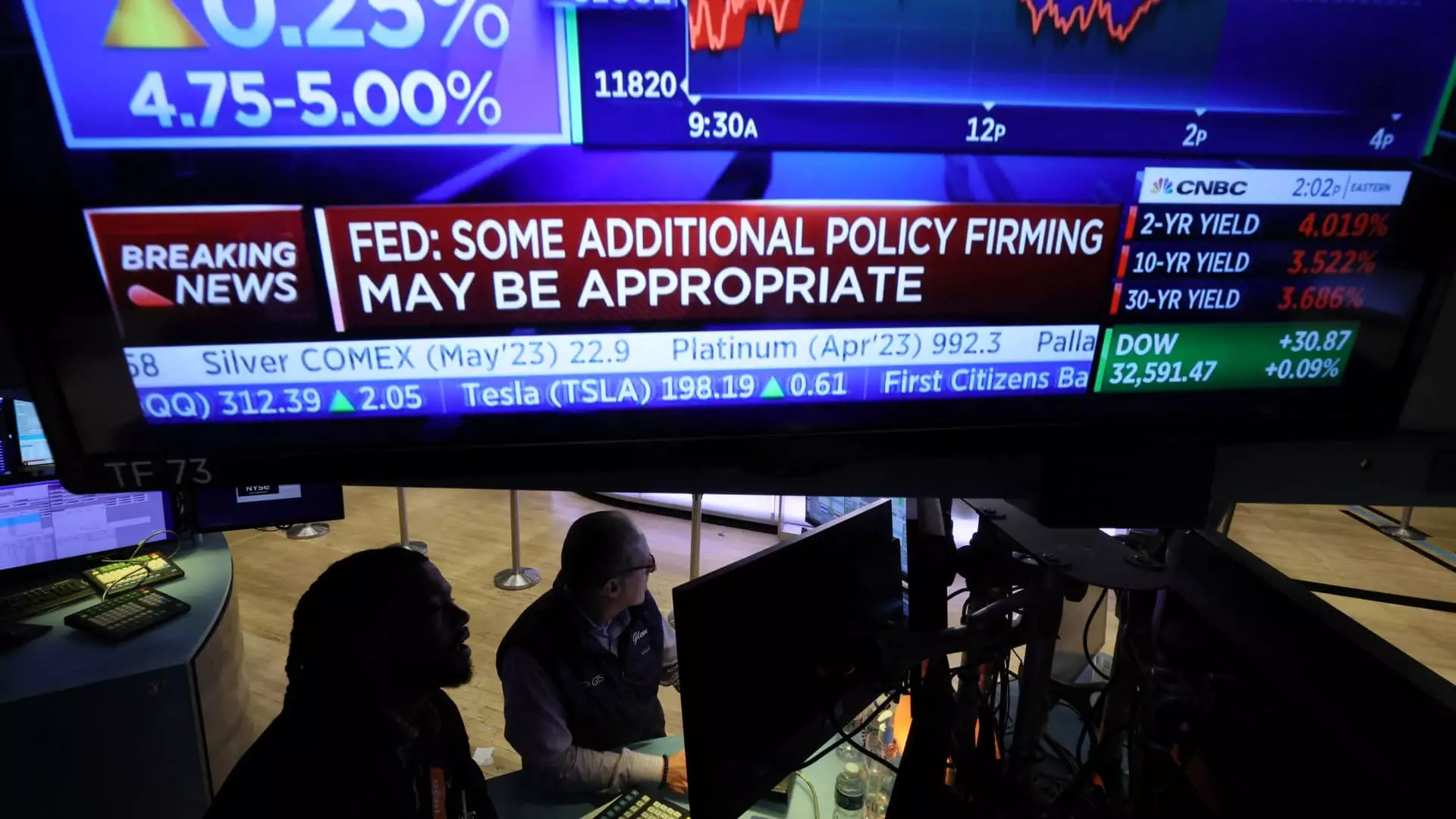As we move into the second quarter of the year, the Federal Reserve may have new incentives to cut rates even deeper. According to Canaccord Genuity’s Tony Dwyer, a deteriorating jobs market and easing inflation will likely push the Fed to take more aggressive action. Dwyer believes that while they may not need to return to zero rates, a more assertive approach is necessary given the current economic climate.
Dwyer points out that falling employment survey participation rates are complicating the Bureau of Labor Statistics’ reporting on jobs data. He emphasizes that it’s not a case of data manipulation but rather a flawed collection mechanism leading to significant and mainly negative revisions in the reported data. As the next monthly jobs report is awaited, the focus remains on the need for rate cuts to address the challenges in the job market.
The March Federal Reserve policy meeting hinted at the possibility of three rate cuts in 2021, marking a significant shift since the last cuts in March 2020. Dwyer anticipates that this rate reduction will benefit financials, consumer discretionary, industrials, and health care sectors, which have shown positivity. By encouraging investment in a broader range of stocks rather than focusing solely on mega-cap weighted indices, Dwyer suggests a more sustainable approach to market growth.
Looking ahead, Dwyer predicts a more balanced market performance towards the end of the year and into 2025. He believes that a broader participation in earnings growth will drive this shift, moving away from the dominance of the “Magnificent Seven” tech giants to a more even distribution of market gains. Despite the outperformance of companies like Alphabet, Amazon, and Apple in the current market scenario, Dwyer foresees a more diversified and inclusive market landscape in the near future.
While the S&P 500 closed at record highs and posted significant gains in the first quarter of the year, Dwyer warns against excessive optimism in an overbought market. He advises waiting for more favorable opportunities, especially as concerns about the economy and employment data persist. With a potential need for rate cuts in response to worsening economic conditions, exercising caution in investment decisions becomes crucial.


Leave a Reply